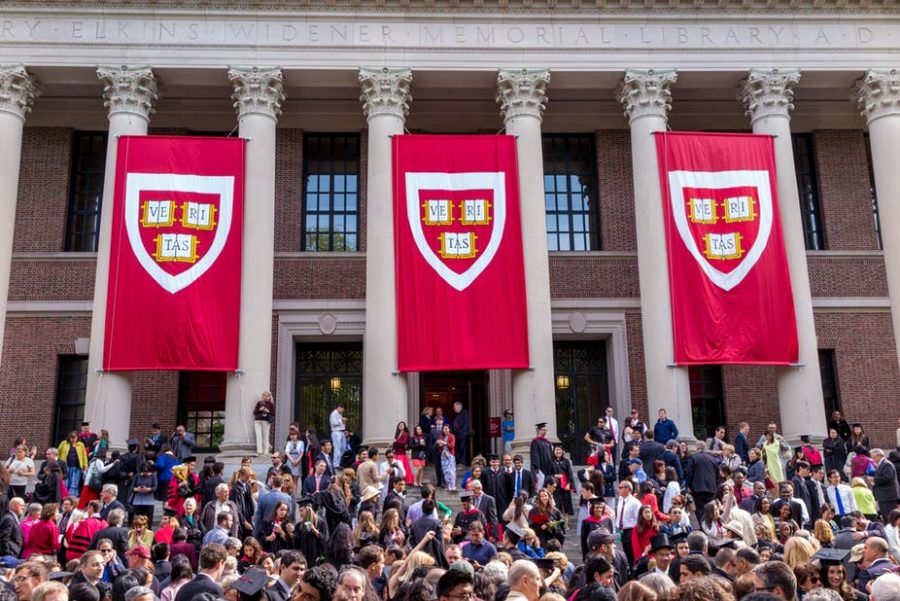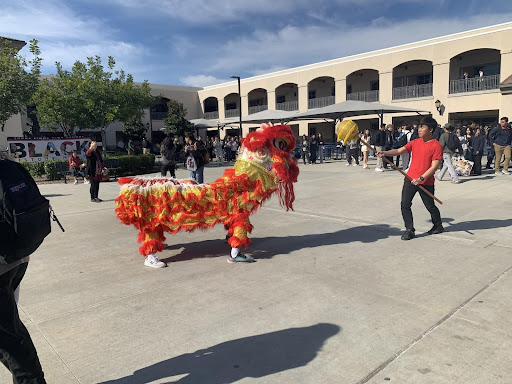Judge Rules in Favor of Harvard in Admissions Case
What the Ruling Means
Photo Courtesy of Shutterstock f11photo/www.shutterstock.com
Harvard University, an elite higher educational institute, is at the center of the controversy.
October 14, 2019
A judge ruled in favor of Harvard University in a case about discrimination towards Asian Americans last Tuesday, October 1.
The lawsuit began in 2014 when Students for Fair Admissions, Inc. filed a case against Harvard. Harvard, they claimed, “discriminates against Asian American applicants in the undergraduate admissions process to Harvard College in violation of Title VI of the Civil Rights Act of 1964,” according to Judge Allison Burroughs of the U.S. District Court in Massachusetts.
Burroughs came to the ruling that “the Court will not dismantle a very fine admissions program that passes constitutional muster, solely because it could do better,” according to her detailed 130-page opinion.
She did, however, mention that the admissions process could “benefit from conducting implicit bias trainings for admissions officers, maintaining clear guidelines on the use of race in the admissions process… and monitoring and making admissions officers aware of any significant race-related statistical disparities in the rating process.”
Burroughs also addressed the impact of subconscious bias in admissions officers. She wrote that “the disparity in personal ratings” between Asian Americans and other groups “suggests that at least some admissions officers might have subconsciously provided tips in the personal rating.”
It is also possible, she wrote, that “part of the statistical disparity resulted from admissions officers’ implicit biases that disadvantaged Asian American applicants in the personal rating relative to white applicants, but advantaged Asian American over whites in the academic rating.”
In response to Burroughs’ decision, Harvard’s president, Lawrence S. Bacow, sent a message to Harvard students and faculty members that said in part, “Diversity of all kinds creates remarkable opportunities and complex challenges. If we hope to make the world better, we must both pursue those opportunities and confront those challenges, motivated always by humility, generosity and openness. The power of American higher education stems from a devotion to learning from our differences. Affirming that promise will make our colleges, and our society, stronger still.”
In contrast, Edward Blum, the president of the organization Students for Fair Admissions, said, “Students for Fair Admissions is disappointed that the court has upheld Harvard’s discriminatory admissions policies. We believe that the documents, emails, data analysis and depositions SFFA presented at trial compellingly revealed Harvard’s systematic discrimination against Asian-American applicants. SFFA will appeal this decision to the First Court of Appeals and, if necessary, to the U.S. Supreme Court.”
However, Judge Burroughs mentioned that one major weakness in SFFA’s case is the lack of direct testimony from an Asian American student that was rejected due to their race. While SFFA claims to be representing a number of Asian American students, it is yet to be seen if they will bring forward a witness if the case is approved for appeal.
Regarding the issue, Bella Wachter (12) said, “There seems to be a statistical disparity between the admittance rate for Asian Americans versus other races at Harvard. Whether this disparity is due to bias of the admissions officers or otherwise, Harvard should be considering all minority groups equally in its admissions process to ensure diversity. So long as disciplinary history or low test scores do not impede the applying student’s credibility, this should be the case.”
The future of the case is still unclear, but it may draw national attention if it is taken to the Supreme Court. Regardless of the outcome, the impact of the case will be quite significant.





















